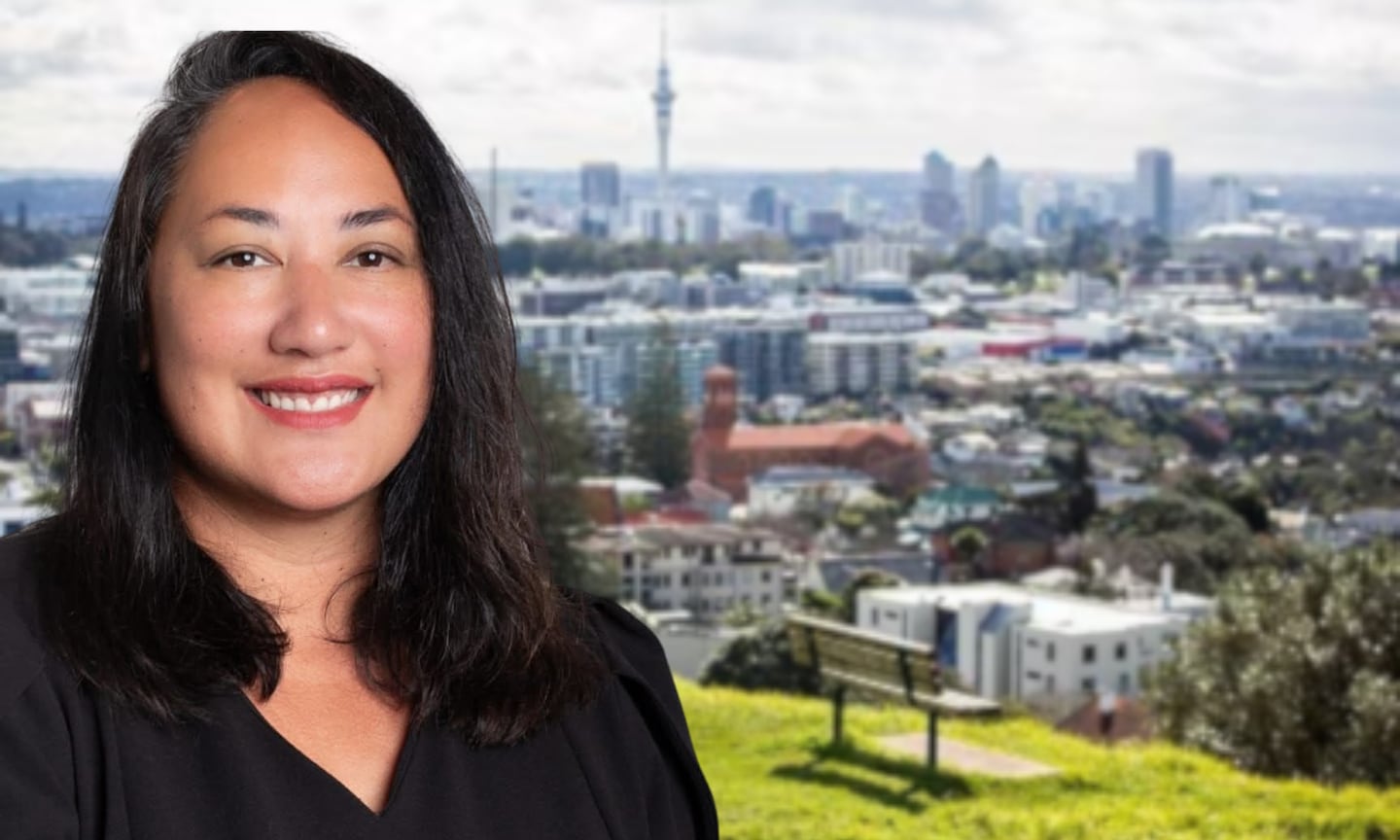Mayoral challenger Kerrin Leoni says Auckland must fix a voting system that continues to shut people out.
The former Whau councillor says low turnout, voter confusion and outdated systems show why the city needs to rethink how it engages its people.
Leoni lost the election to Wayne Brown by more than 100,000 votes, based on preliminary results.
The only Māori woman in the 12-person field, Leoni said her result was achieved without a party machine, corporate donors or major media backing.
“I had made that decision to stand as an independent... we did have to work twice as hard because I didn’t have that initial name recognition across the city.”
This showed that grassroots campaigns and community support can still make an impact in Auckland politics.
“I’m really proud of our team and the hard work that we’ve done right across the city and the outcome,” she says.
“If we would have had an extra couple of million dollars, those additional resources would have been great, but we worked with what we had and I still believe that we got a really good result.”

Local Democracy Reporting spoke to Leoni ahead of Auckland Council’s preliminary results, which confirmed incumbent Wayne Brown retained the mayoralty with 177,954 votes, while Leoni finished second on 75,441, ahead of Ted Johnston on 26,739.
Voting ‘not fit for purpose’
Leoni says her campaign focused on meeting people where they were, from markets to churches and community halls.
“When I was out campaigning, people just did not even know that there was an election on,” she says.
She says confusion around postal deadlines and overlapping by-elections made things worse.
“We had a really low voter turnout, 10,000 out of 44,000 who were on the Māori roll voted. We just need to do a lot better and figure out how we engage with Māori and Pasifika to make it easier for them to vote.”
Only 28.8 per cent of eligible voters cast ballots, Auckland’s lowest turnout since the Super City was formed in 2010.
“The way that we’re voting is ... definitely not fit for purpose,” she says.
“I think if there were Māori wards at council, you’d get a lot more Māori engagement. It is almost like you have to run group sessions, like at the kōhanga, at Te Wānanga o Aotearoa and through the churches.”
Leoni says the postal voting system disadvantages renters, Māori and Pasifika voters.
“We know that traditionally the higher voter turnout is usually in the wealthier suburbs, people that own homes and have consistent addresses,” she says.
She wants Auckland to trial a mix of online and in-person voting with stronger public communication.
“We’ve got to get rid of the postal voting system and bring in a combination of online and booth voting with way better comms.”
A campaign built on community
Leoni says her campaign showed don’t have to have half a million dollars to run for the Mayor of Auckland.
“I definitely didn’t run mine on half a million, it was less than $100,000. But to get 20 to 25 per cent of the vote shows you can run affordable campaigns for the top jobs too.”

Her Whau Ward successor, Labour’s Sarah Paterson-Hamlin, won 5,074 votes. Leoni says mentoring future leaders is a key part of building stronger representation.
Council response
Lou-Ann Ballantyne, Auckland Council’s General Manager Governance and Engagement, says the city’s voting method follows the Local Electoral Act, which allows each council to choose postal, booth, or combined voting.
“Every council has chosen to use the postal voting method for many years now,” she says.
Ballantyne says voting papers are sent to the address on the Electoral Commission roll, and people who move can still vote by special vote.
“The council has done everything it can to make voting as accessible as possible, even for transient residents.”
More than 90 Vote-on-the-Go sites and 185 vote boxes were provided across Auckland.
Ballantyne says past voter surveys show most non-voters cited confusion, lack of knowledge, or forgetting to vote.
Auckland Council supports shifting responsibility for local elections to the Electoral Commission to improve consistency and access.
Looking ahead
Leoni says her campaign created lasting relationships she intends to keep nurturing.
For now, she’s taking time to rest and reflect after what she calls “a huge campaign”.
“I’ve decided to take a little bit of time out and will probably decide by the end of the year what I’ll do,” she says “For now, I’m going to have a break, spend time with my kids and focus on the great work that’s been done.”
Leoni says she still plans to hold those in power accountable.
When asked what advice she had for others considering local government, she says, “be brave”.
“It’s an honour to represent your community, to put your name up to represent your community, regardless of what the outcome is going to be.”




